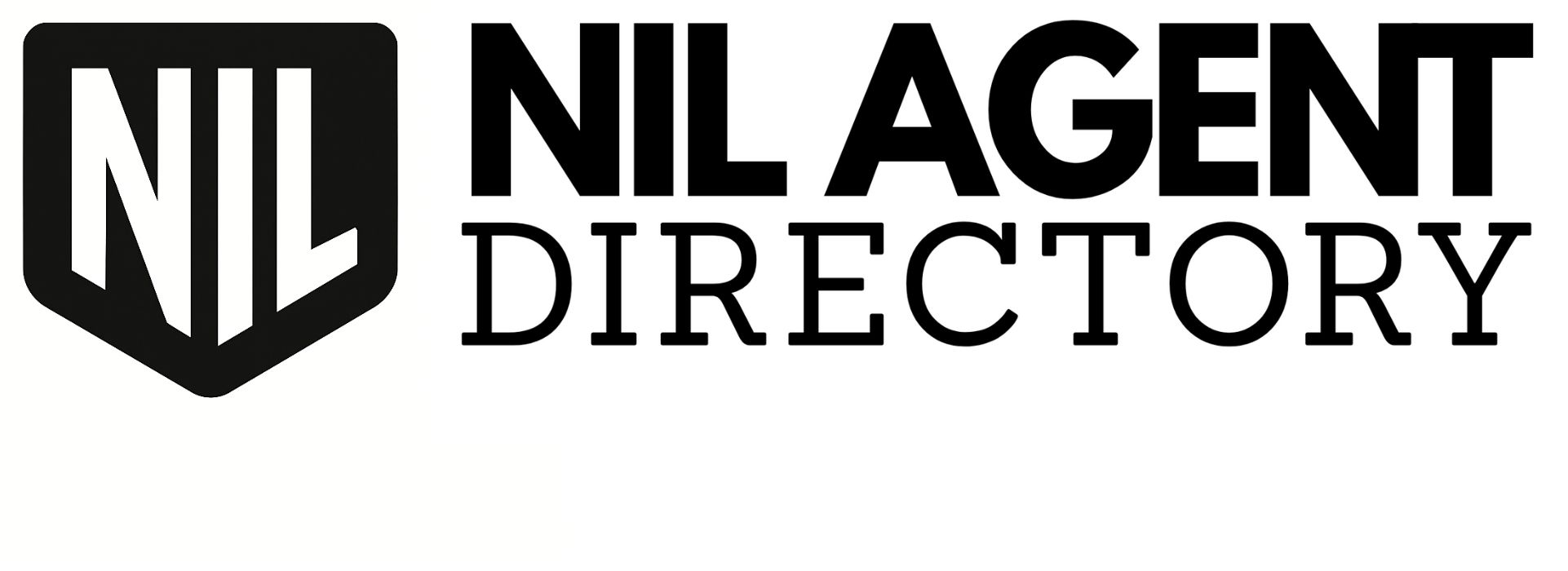The Athlete’s Guide to Understanding NIL Contracts – Simplified
You’ve been offered a deal. Maybe it’s a local business wanting you to post on Instagram. Maybe it’s a national brand. Either way, they’re sending you a contract—and suddenly things feel real.
But also confusing.
You’re not a lawyer. You’re a student-athlete with a busy schedule, and now you’re staring at legal language, deadlines, and fine print. What do you do?
Don’t panic. This guide breaks down NIL contracts in plain English so you know what to look for, what to avoid, and how to protect yourself.
What Is an NIL Contract?
An NIL contract is a legally binding agreement between you and a company (or individual) that wants to use your Name, Image, or Likeness—in other words, your personal brand.
In exchange, you get something in return. Usually money. Sometimes gear, services, or exposure.
It’s business. Even if it seems simple.
Key Parts of an NIL Contract You Should Understand
1. Parties Involved
This section lists who the contract is between.
- You (your name, or your LLC if you have one)
- The company (brand, business, collective, etc.)
Make sure your name is spelled correctly. If you’ve set up a business (LLC), make sure the contract is with that entity—not your personal name.
2. Scope of Work
What are you agreeing to do? Be specific.
Examples:
- One Instagram post and one TikTok video
- Appearance at an in-store event for 2 hours
- Sign 50 items at a charity auction
- Use of your image in a commercial for 30 days
Don’t agree to vague language like “general promotion” or “unlimited use.” You want to know exactly what you’re committing to—and for how long.
3. Compensation (What You’re Paid)
How much are you being paid, and when? Make sure this is crystal clear.
Look for:
- Payment amount (flat fee or per deliverable)
- When you’ll be paid (upfront, after deliverables, in installments?)
- How you’ll be paid (Venmo, check, direct deposit?)
- Non-cash compensation (gear, travel, free products?)
- Any bonuses or performance incentives
If the brand wants a lot but offers very little, it’s okay to negotiate—or walk away.
4. Term (How Long the Agreement Lasts)
How long are you “tied” to the agreement? Even a simple deal can have long-term consequences.
Watch out for:
- Long contract terms (e.g., “1-year exclusive rights” for one post)
- Automatic renewals (unless you cancel, it keeps going)
- No clear end date
Make sure the time frame makes sense based on the work you’re doing.
5. Usage Rights
This part explains how the brand can use your image, name, or content.
Ask:
- Can they use your photo on their social media only—or in paid ads?
- Can they repost your videos on their website or YouTube?
- Can they use your name or face forever—or just for this campaign?
Avoid giving away unlimited rights “in perpetuity.” That means they can use your NIL forever—even after you leave college or go pro.
6. Exclusivity
Is this deal exclusive? Meaning: are you blocked from working with similar brands?
Example:
- If you sign with a local smoothie company, can you also work with another nutrition brand?
- If you do a deal with one athletic apparel brand, can you work with others?
If it’s exclusive, that’s fine—but the compensation should reflect that. Don’t give away your flexibility for free.
7. Deliverables and Deadlines
What are you responsible for—and when do you need to get it done?
Good contracts include:
- Clear deliverables (posts, appearances, shoutouts, etc.)
- Specific deadlines (e.g., “post within 7 days of signing”)
- Approvals (Does the brand need to see content before it goes live?)
You need to know exactly what’s expected—and avoid missing a deadline that could void payment.
8. Termination (How the Deal Can End)
What happens if you or the company want out of the contract early?
Look for:
- “Termination clauses” that allow either side to cancel
- Any penalties or fees if you cancel
- What happens if you’re injured, transfer schools, or lose eligibility
You always want a way out if things change or the relationship goes bad.
9. Compliance Language (Protecting Your Eligibility)
Does the contract say that it complies with NCAA, school, or state NIL rules?
Every NIL deal should have this. If it doesn’t, ask for it to be added.
Some schools require you to report NIL deals within a certain timeframe. Make sure the contract doesn’t violate your eligibility.
10. Dispute Resolution and Jurisdiction
This section explains how conflicts will be handled and what state’s laws apply.
You don’t need to memorize it, but you do want to know:
- Where legal matters would be handled (e.g., which state)
- Whether disputes go to court or arbitration
- Who pays legal fees in a conflict
If you’re in Kansas and the contract says “governed by California law,” you may want to ask why.
Red Flags to Watch Out For
- Vague language (“general promotion” or “all rights”)
- No payment terms or deadlines
- No end date or termination clause
- Requirements to give up your social media accounts
- Hidden clauses locking you into future work without pay
- Language that says they can use your NIL forever, for free
Always read the contract. If you don’t understand something, ask questions. You can also show it to your coach, compliance officer, family, attorney, or a trusted advisor before signing.
Bonus: Tips for Protecting Yourself
- Don’t rush. If someone pressures you to sign immediately, slow down.
- Get it in writing. Always. Never do a deal on a handshake or DMs alone.
- Use your school’s resources. Compliance departments can often help review contracts.
- Keep copies. Save everything—emails, contracts, screenshots, payment receipts.
- Talk to professionals. If you’re doing bigger deals, get legal or financial guidance.
Final Thoughts
Understanding NIL contracts doesn’t require a law degree—it just takes awareness. You’re a student-athlete stepping into the business world. That means treating contracts like the important documents they are.
You have the right to ask questions. You have the right to walk away. And you have the right to be treated like a professional—because that’s exactly what you are now.
Read every NIL contract like your name and image depend on it—because they do.

